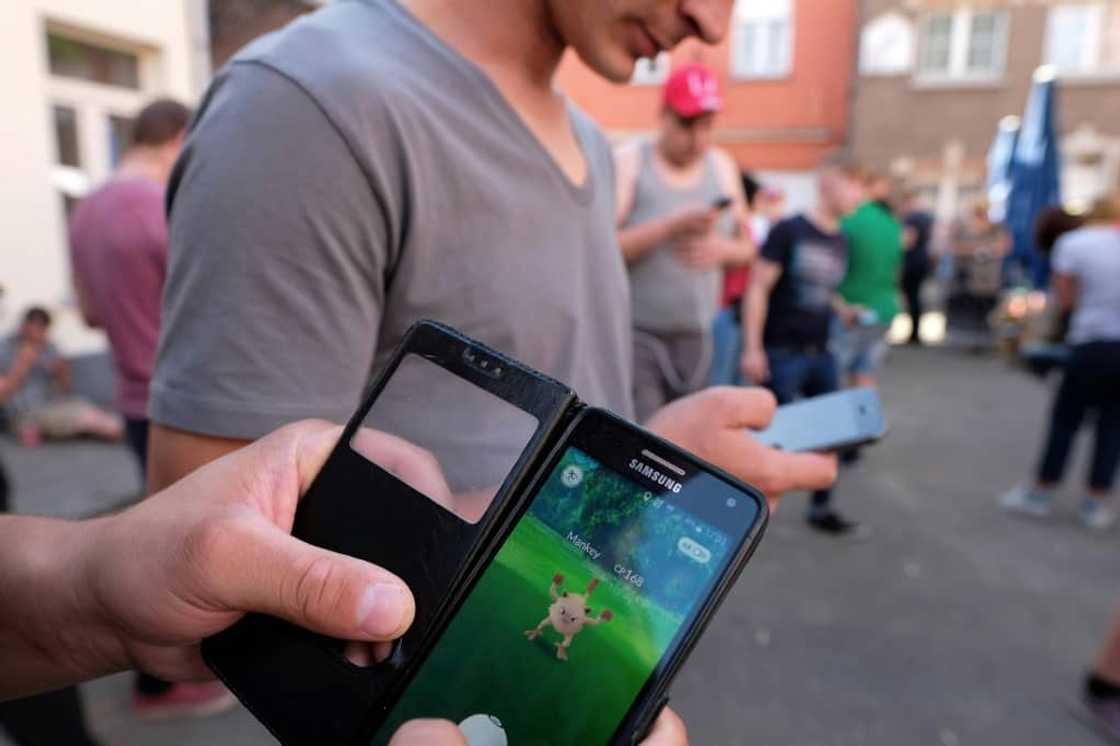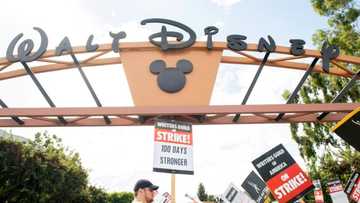How a 20-cent fee upended the gaming world

Source: AFP
PAY ATTENTION: Watch our new ranking show on YouTube now! Click here or search BIAS TEST on Briefly TV channel.
Their language was salty and the message was clear: game developers believed their livelihoods were under threat and they were not going to accept it.
Unity, a US company whose software is used to create and run thousands of games including smash hits like "Pokemon GO" and "Genshin Impact", announced on September 12 new fees for developers.
The firm was going to charge 20 cents every time a Unity-backed game was installed on any device, a move that analysts warned could collapse studios and nix new releases.
Ten days later, after a spirited and often vulgarity-laden fightback from studios and developers, Unity rowed back some of the changes.
But for many developers, the damage may be irreparable.
"If I'm forced to accept the current conditions, I will leave," Alain Puget, director of the French studio Alkemi, told AFP.
PAY ATTENTION: stay informed and follow us on Google News!
Unity claims that its technology underpins 70 percent of the top 1,000 mobile games, and that people download apps made with its software four billion times a month.
Levying even a tiny fee would reap it big rewards.
But there are plenty of alternative "engines", as the software is known.
"Game makers have already begun to consider switching engines," said Rhys Elliott, market analyst at the Newzoo consultancy.
'Disconnected from reality'
It was all very different back in 2005, when Unity launched with promises of democratising game development.
Its software platform was cheap and easy to use, and quickly became a favourite for independent and smaller developers.
The main innovation was that designers could build on elements from other games, such as the lighting of a background or the movements of characters.
Before Unity and its competitors emerged, each game was custom made, with graphics and everything else built from the ground up.
After a stellar rise, the firm went public in 2020.
For many industry watchers, the stock market flotation was the start of the fall.
The firm, which projects revenues of $2 billion this year, has instituted several waves of layoffs and alienated users by tweaking the software and pricing.
Then came the September 12 bombshell.
"The first proposal they made was completely disconnected from reality," said Puget of Alkemi.
Hundreds of developers took to social media to slam a proposal they said would kill studios relying on free-to-download games and any smaller outfits that happened to develop a hit game.
"There is no way Unity talked to a single developer before launching this," developer and consultant Rami Ismail posted on X, formerly Twitter.
The firm returned with an apology -- "we heard your concerns", "you are what makes Unity great" -- and a new offer to limit the levy to the most successful games.
Puget believes the firm made a "totally unreasonable" initial proposal so that their later offer, which will still give them a huge windfall, seems more palatable.
'Stop it'
The vitriol from developers suggests Unity has a long way to go before it is accepted back into the fold.
Shortly after the initial announcement, an account sprang up on X to collate the responses under the handle "fucked by Unity", gaining more than 15,000 followers in a few days.
While some developers issued heartfelt letters, others resorted to images of raised middle fingers in front of the Unity logo, or short messages with obscenities of discontent.
"Stop it. WTF?" was the stark response from Innersloth, whose game "Among Us", made with Unity software, has an estimated 500 million players.
Puget said he was unsure if there was a way back for Unity, saying that "like everyone else" he would look at alternatives.
"It makes me sad to think that I've invested 13 years of learning, of research and development, in a solution that I'll have to throw away," he said.
PAY ATTENTION: Сheck out news that is picked exactly for YOU ➡️ click on “Recommended for you” and enjoy!
Source: AFP




